Commenting on the Ministry of Public Security's draft Law amending and supplementing a number of articles of the Law on Entry, Exit, Transit, and Residence of Foreigners in Vietnam (referred to as the Law on Entry and Exit), the Tourism Advisory Board (TAB) said it basically agreed with the policies in the proposed law.
Specifically, TAB experts support the amendment of electronic visa (evisa) issuance for citizens of all countries and territories, increasing the duration from no more than 30 days to no more than 3 months, valid for single or multiple entries.
Regarding the unilateral visa exemption policy, TAB proposes a 5-year period for citizens of countries exempted under this form and considers extending it at least 6 months in advance.
The Tourism Advisory Council also agreed to increase the duration of temporary residence certificates at international border gates for people entering the country under unilateral visa exemption from 15 to 45 days, with multiple entries.
In particular, TAB proposed to consider adding a 30-day unilateral visa exemption regulation, based on the proposal of the Ministry of Culture, Sports and Tourism, for visitors participating in some special types of tourism such as golf tourism, travel by private plane,... or special events such as attending sports tournaments, forums, and national tourism fairs.
In addition, the current trend is that more and more individual tourists travel, so requiring tourists to have a visa approval form at the international border gate creates additional visa services, causing inconvenience to customers, and is not in line with international practice.
Therefore, TAB recommends considering issuing visas at the border gate with a temporary stay of 30 days and valid for one entry, based on on-site personnel review for both individual tourists and tourists traveling in groups.
Another new point also mentioned by TAB experts is the addition of a new type of visa for foreign individuals buying real estate in Vietnam, with a term of 5 years, extending the visa term for highly skilled workers working long-term in the tourism industry from no more than 2 years to 3 years, and adding a new type of visa for foreigners working remotely in Vietnam with a term of 2 years.
To eliminate the practice of providing disguised visa services for illegal profit, TAB proposes to allow immigration authorities to cancel invitations and sponsorships of foreigners and electronic accounts if agencies and organizations provide visa services without clearly notifying international tourists and charging higher service fees than prescribed.
Although Vietnam was the first country in Asia to open up to tourism, the recovery rate has been much slower than its regional competitors, while its competitors have achieved higher recovery levels compared to 2019 figures.
In 2022, our country will only welcome 3.7 million visitors, the target is to welcome 8 million this year. Therefore, amending the visa policy in a more open direction will contribute to putting Vietnam at the top of the list of favorite destinations for international tourists to choose.

Source







![[Photo] Overcoming all difficulties, speeding up construction progress of Hoa Binh Hydropower Plant Expansion Project](https://vstatic.vietnam.vn/vietnam/resource/IMAGE/2025/4/12/bff04b551e98484c84d74c8faa3526e0)


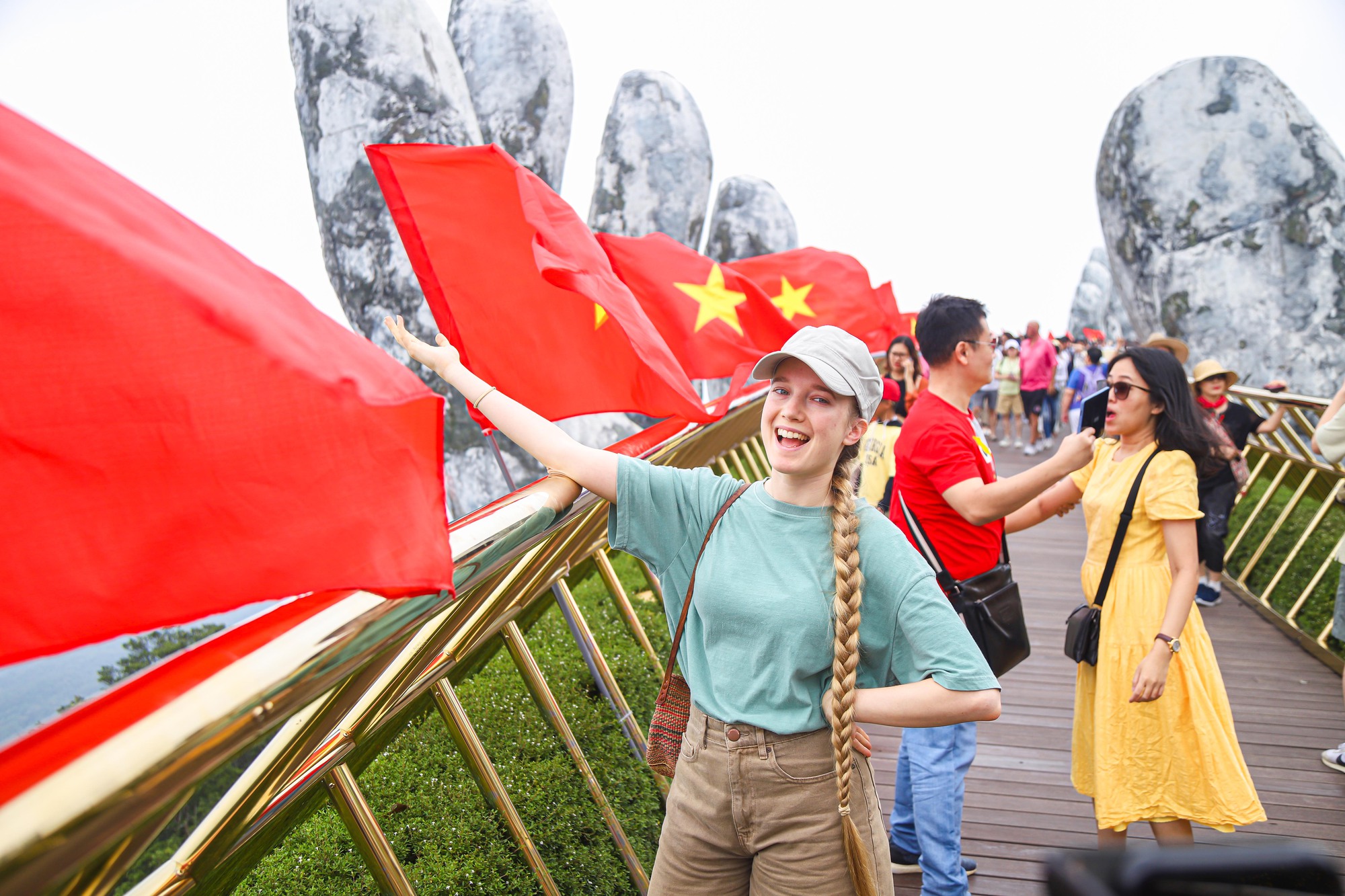
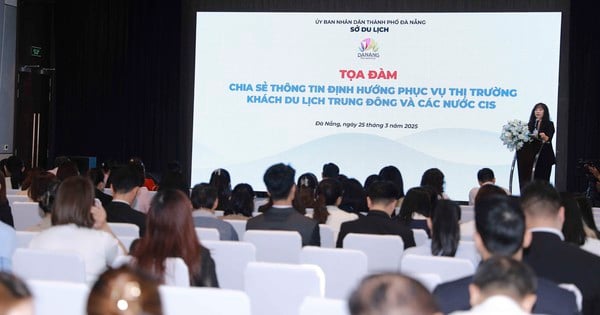

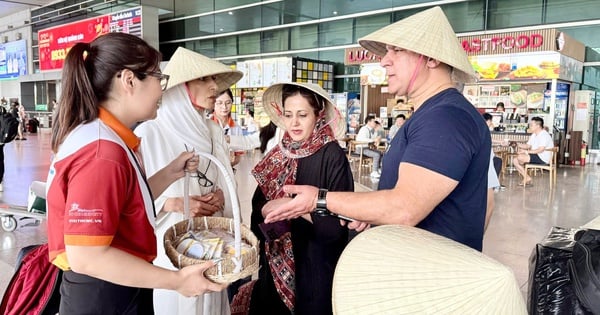



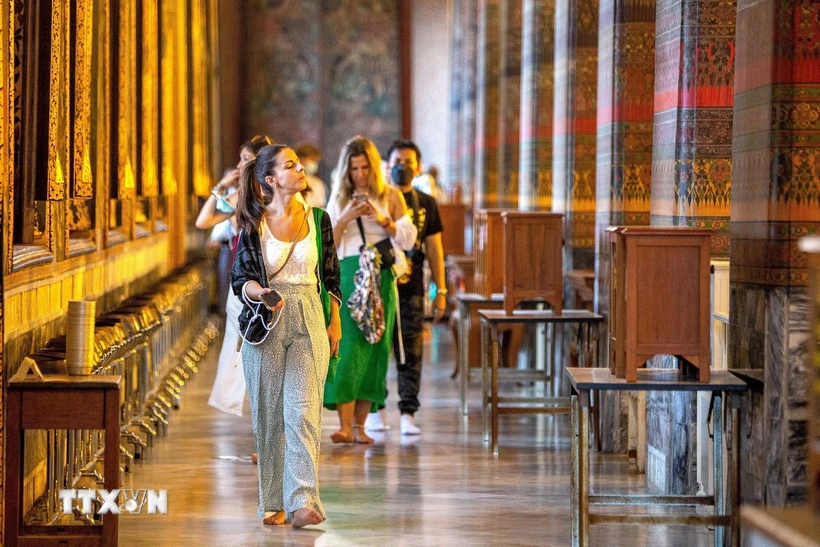
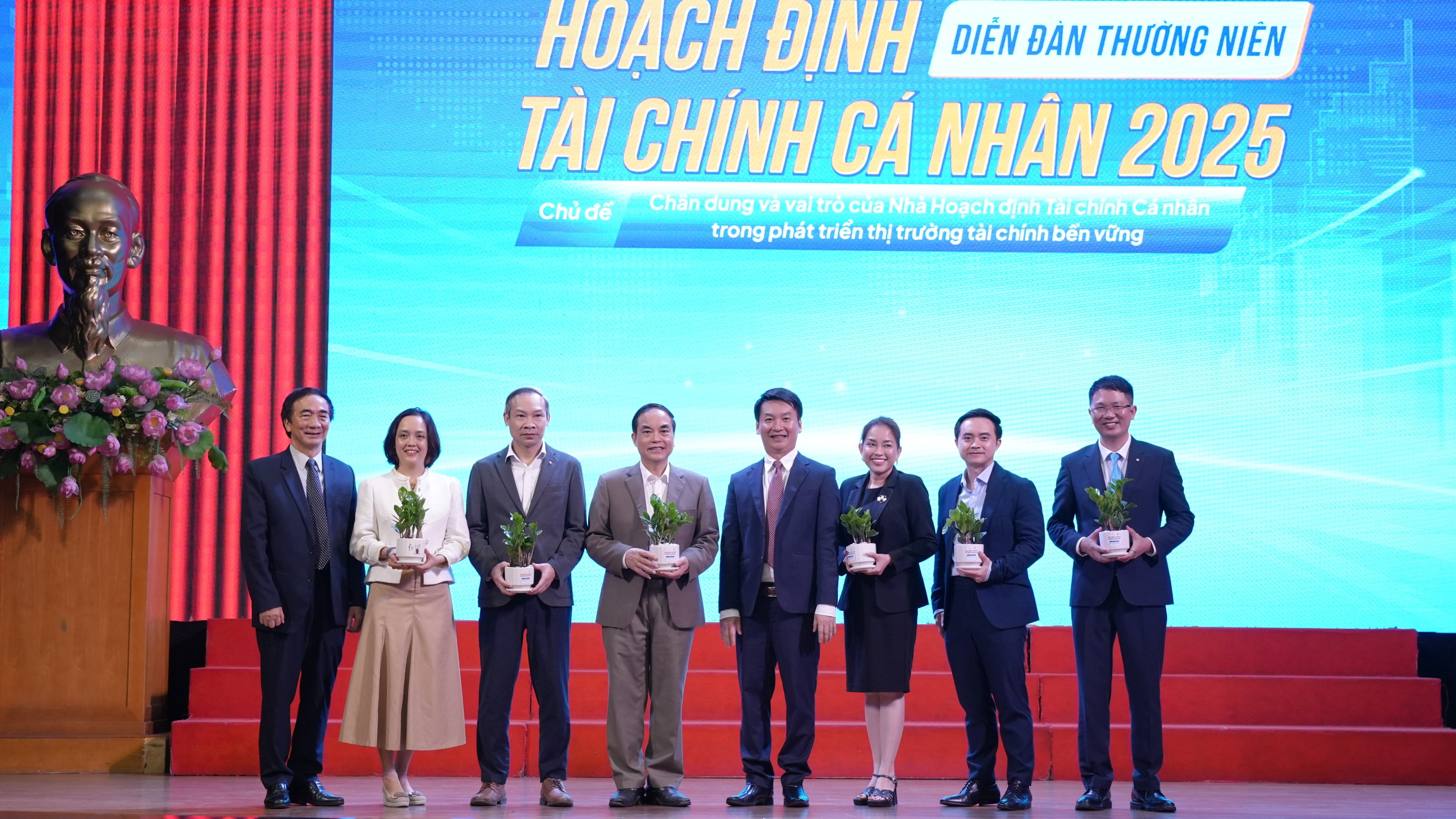
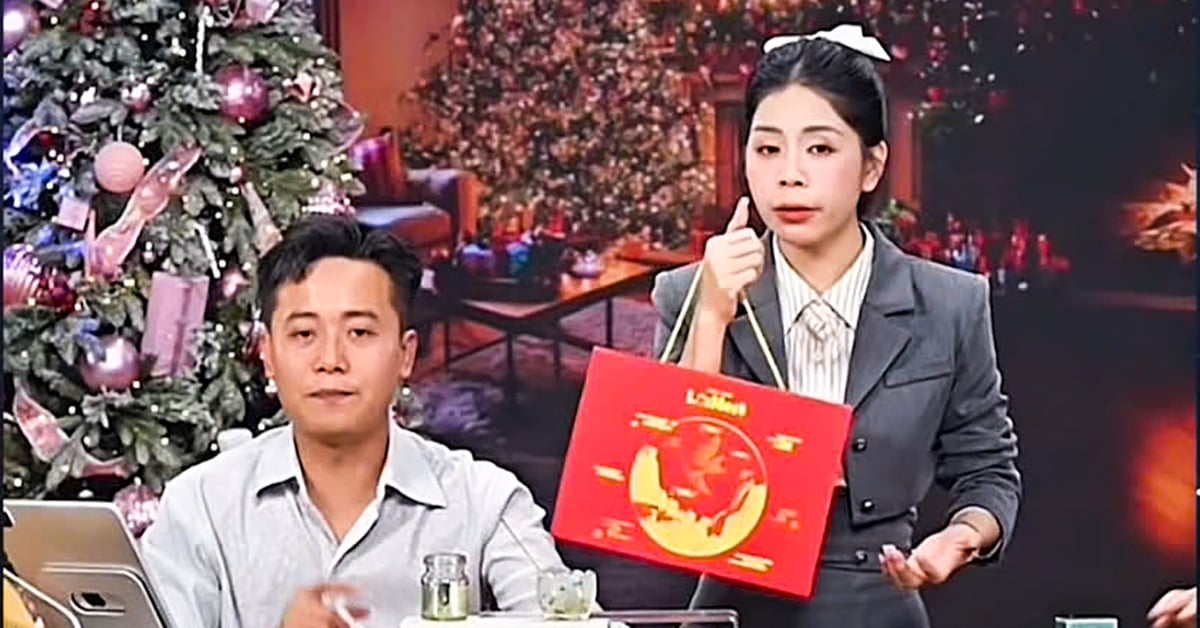
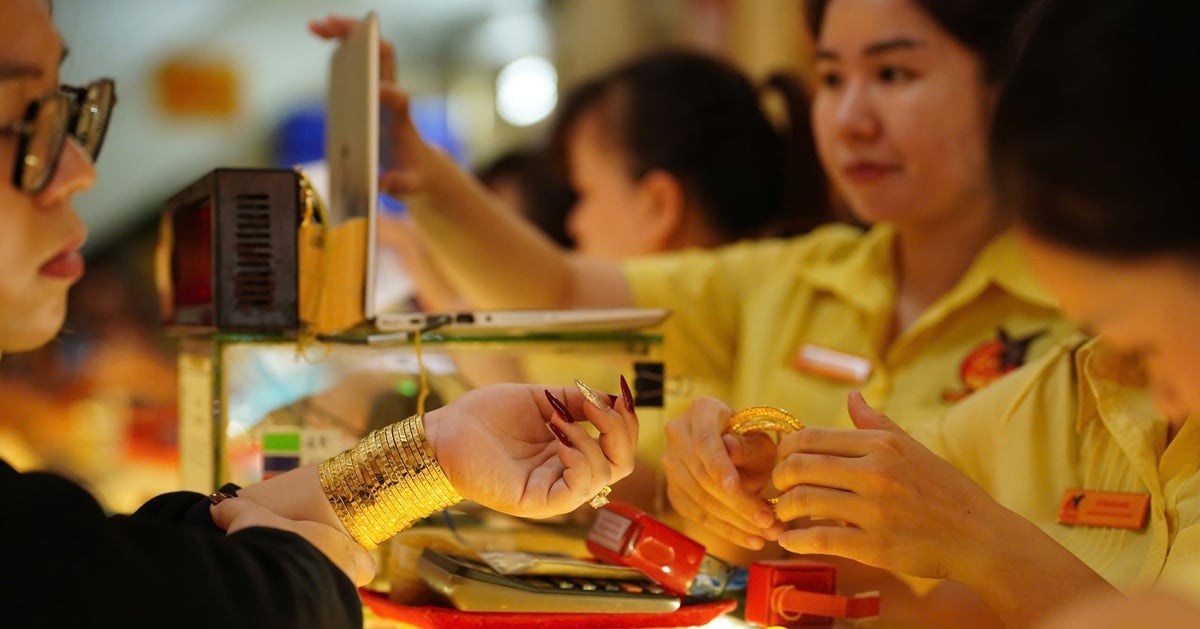
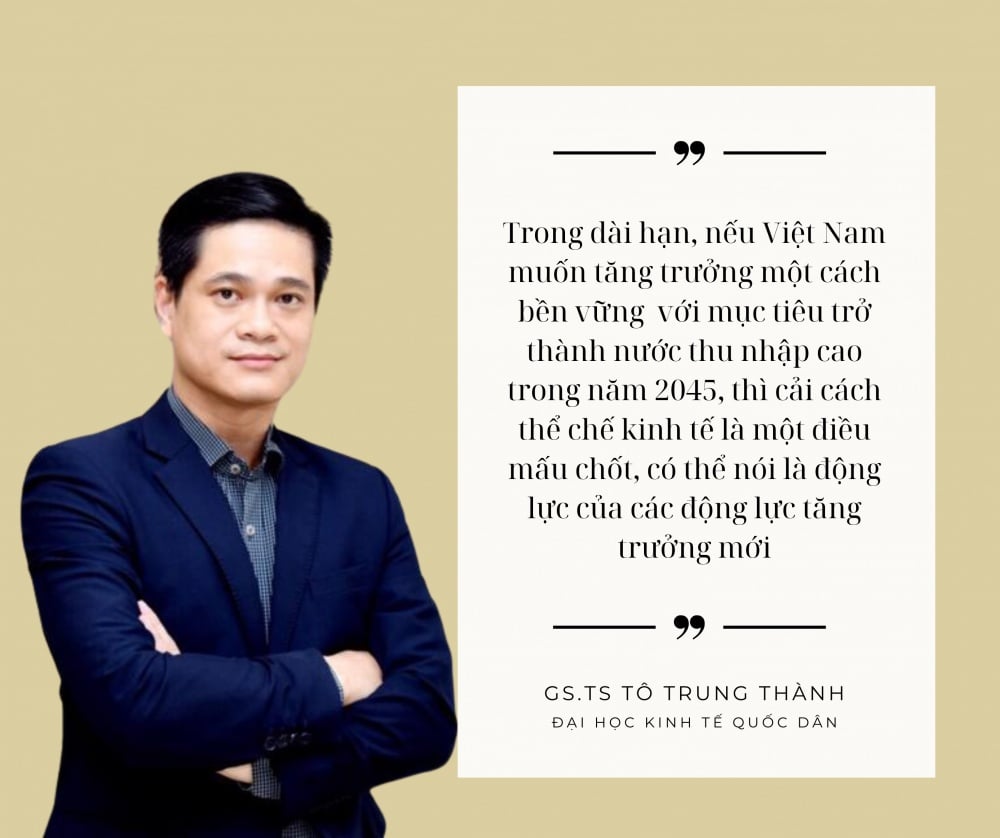
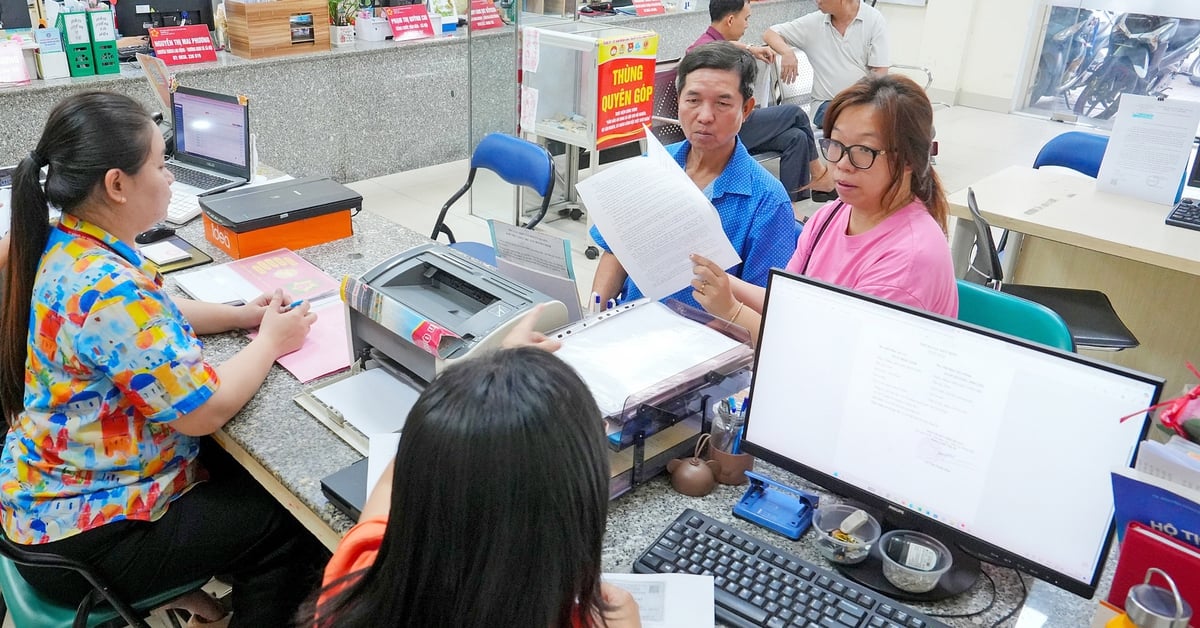
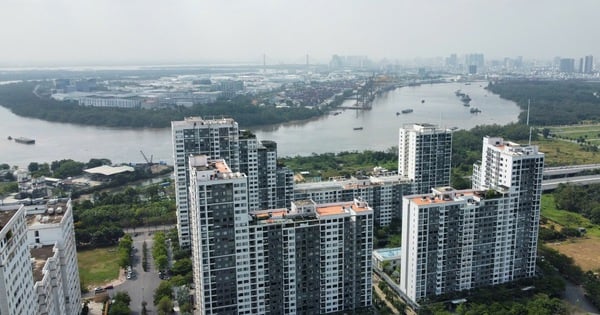



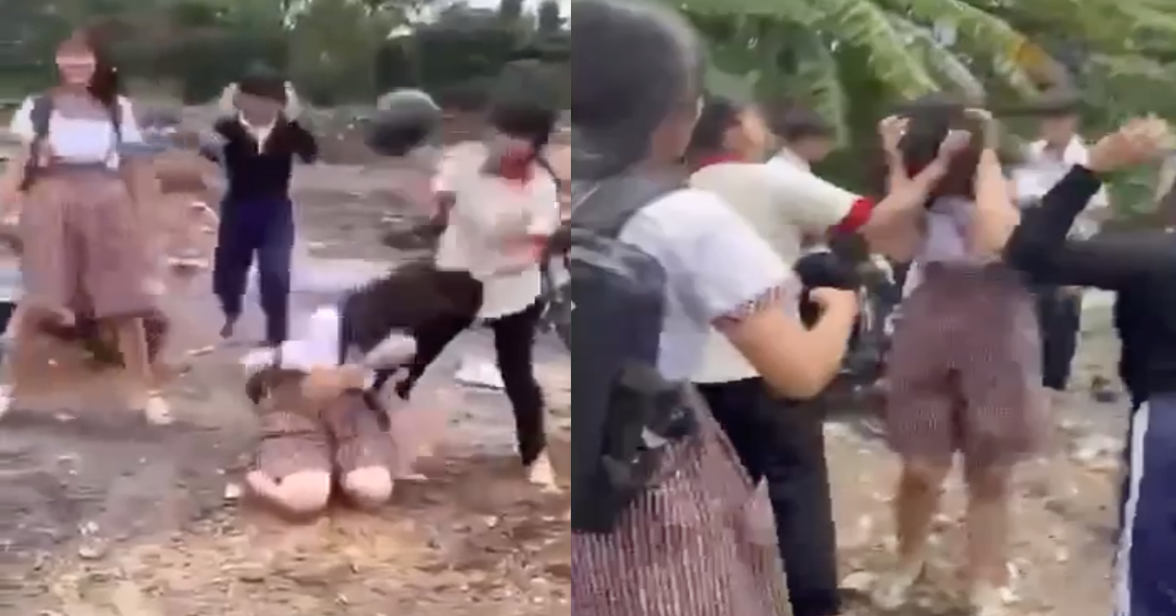
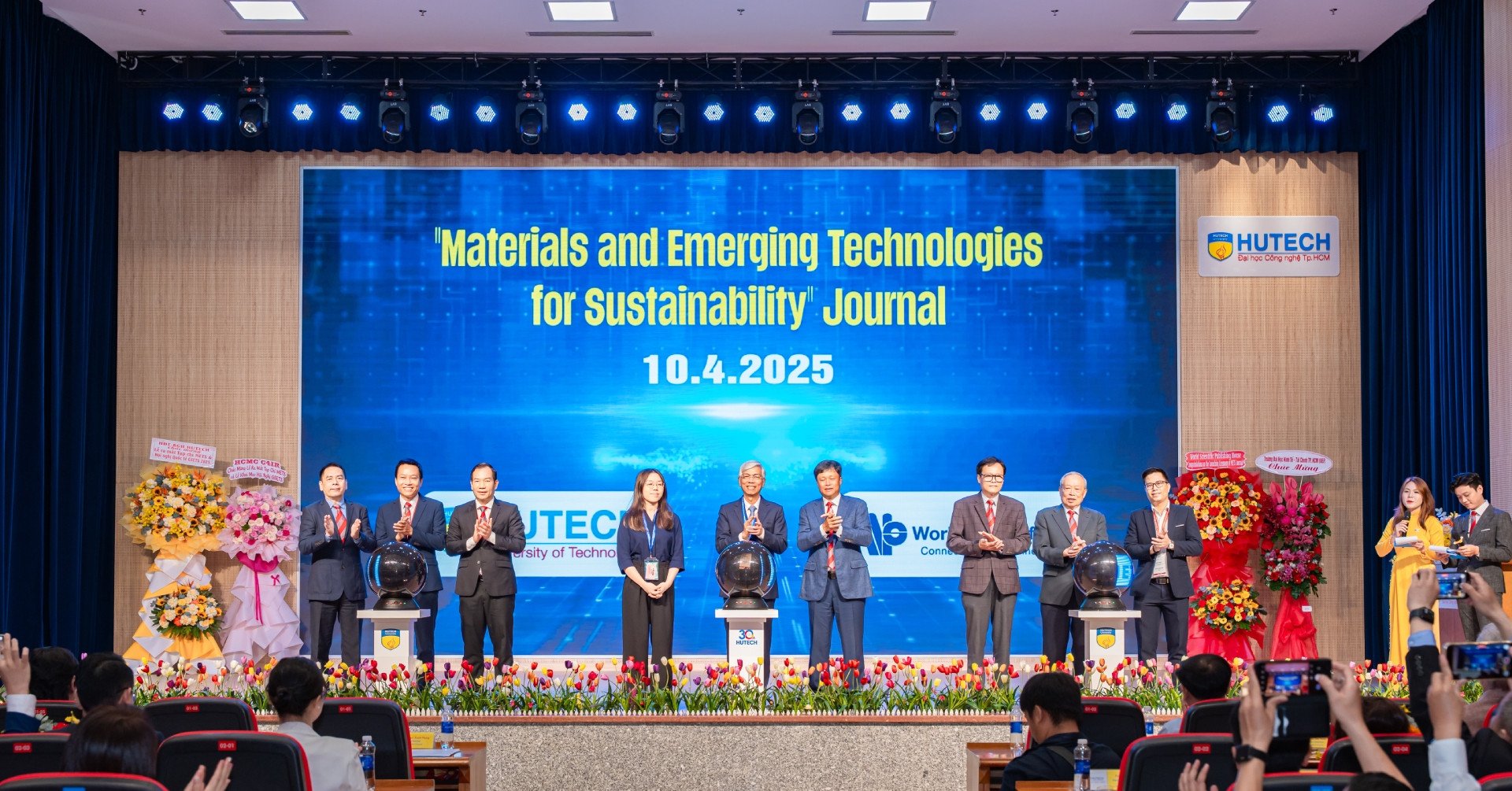

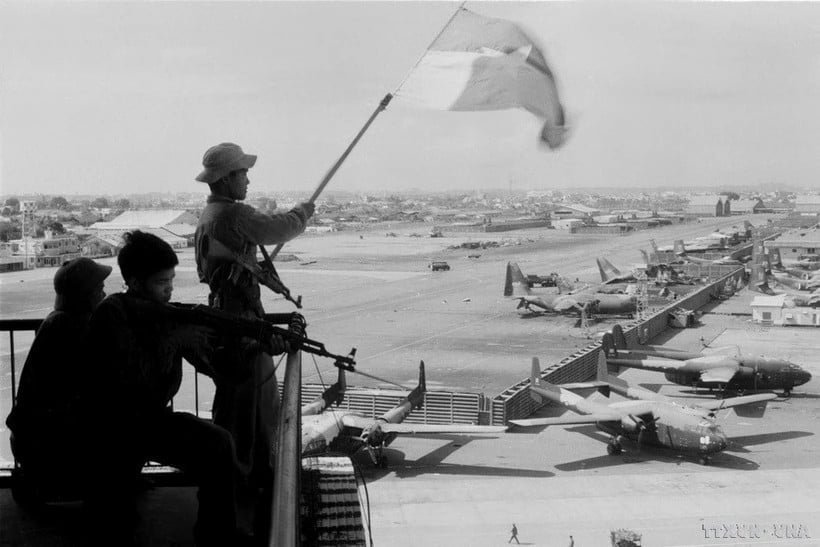

![[Photo] "Beauties" participate in the parade rehearsal at Bien Hoa airport](https://vstatic.vietnam.vn/vietnam/resource/IMAGE/2025/4/11/155502af3384431e918de0e2e585d13a)












































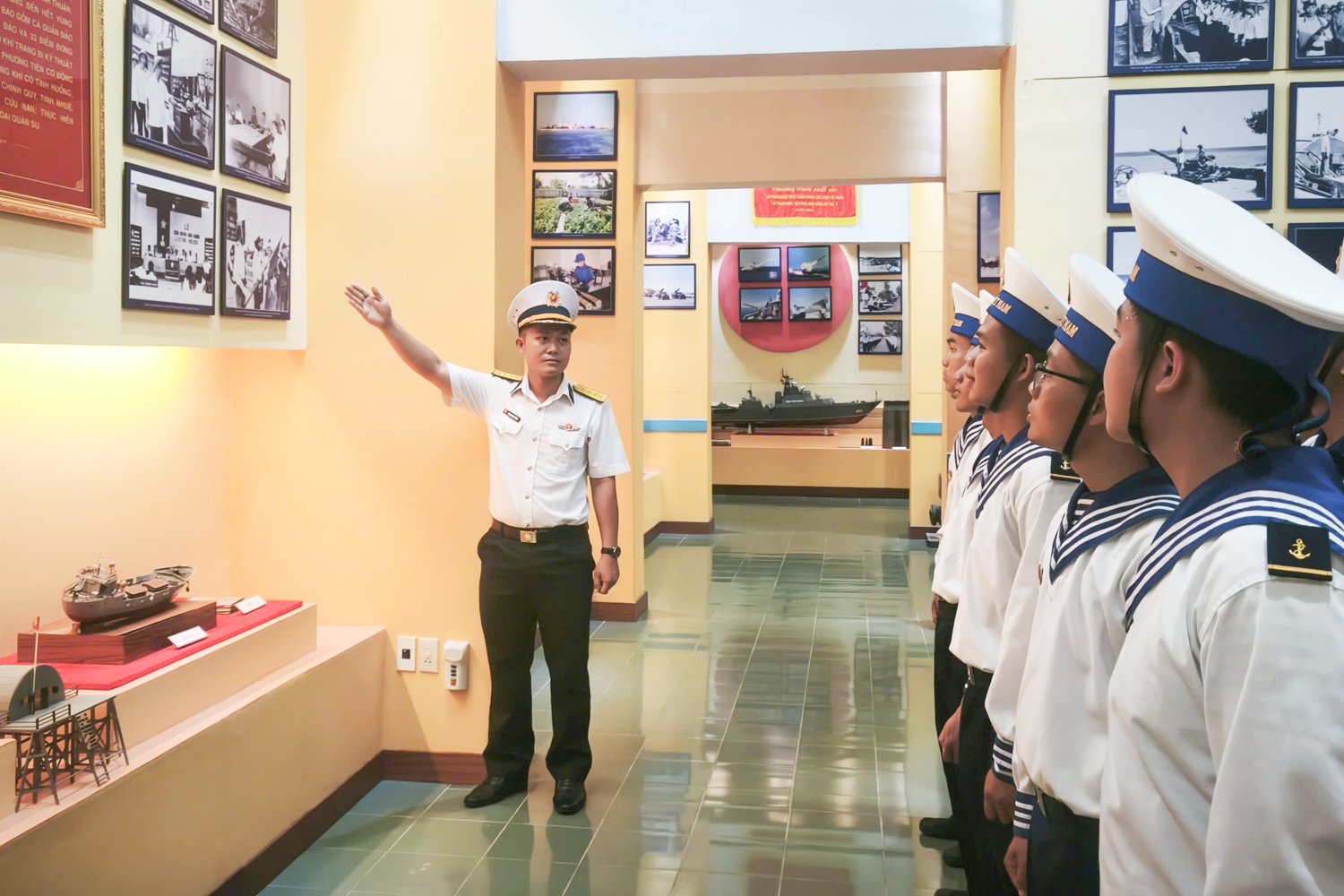

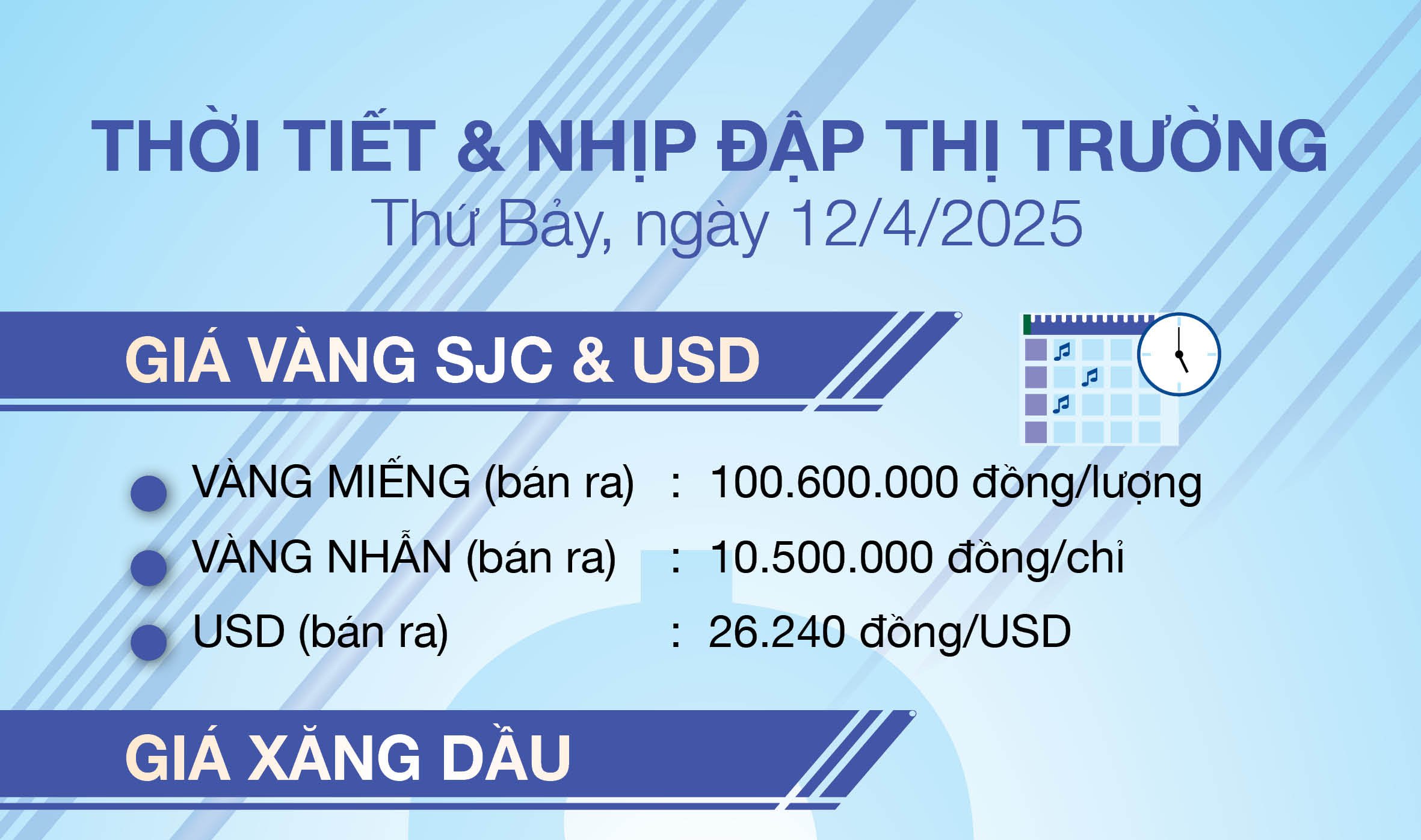

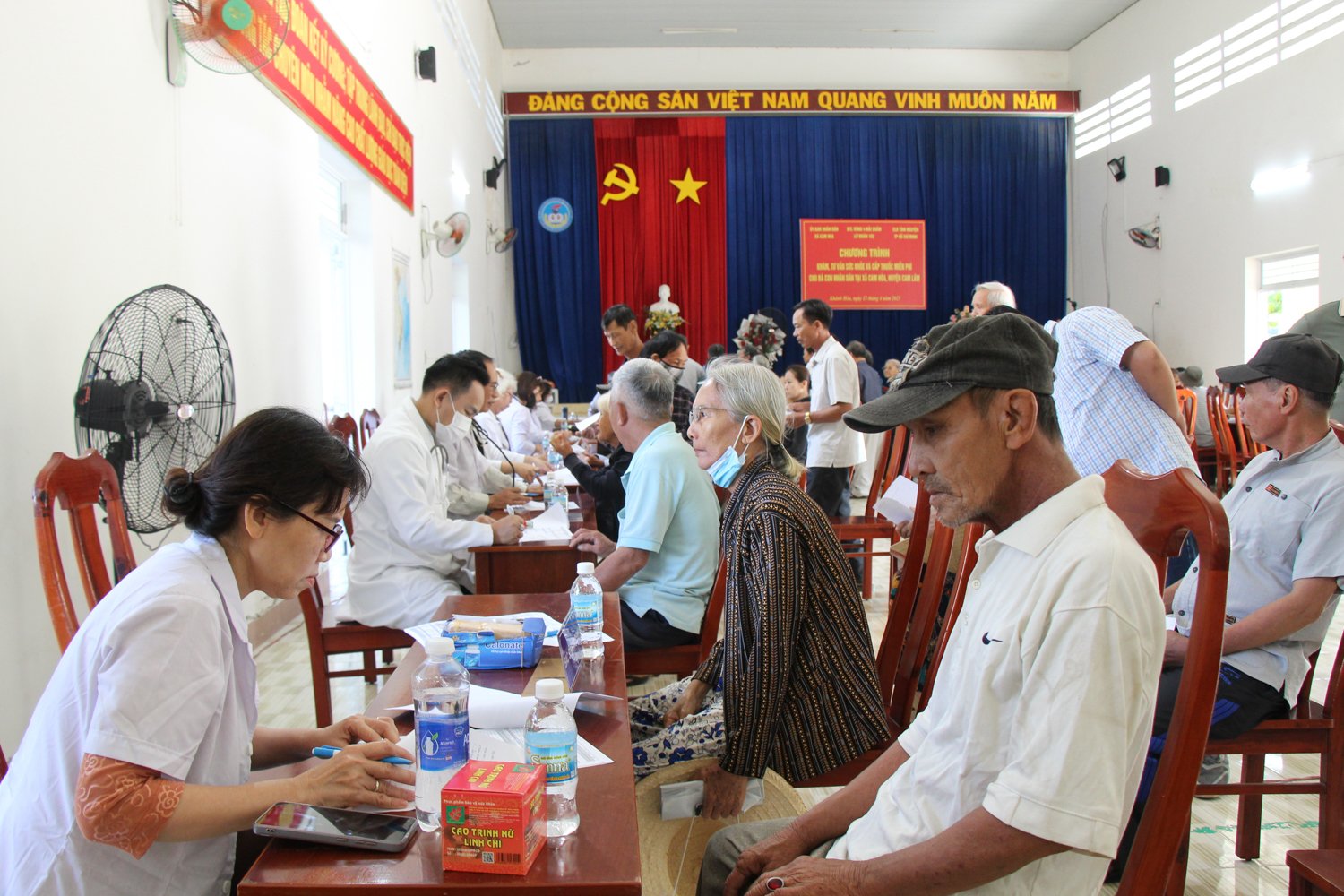
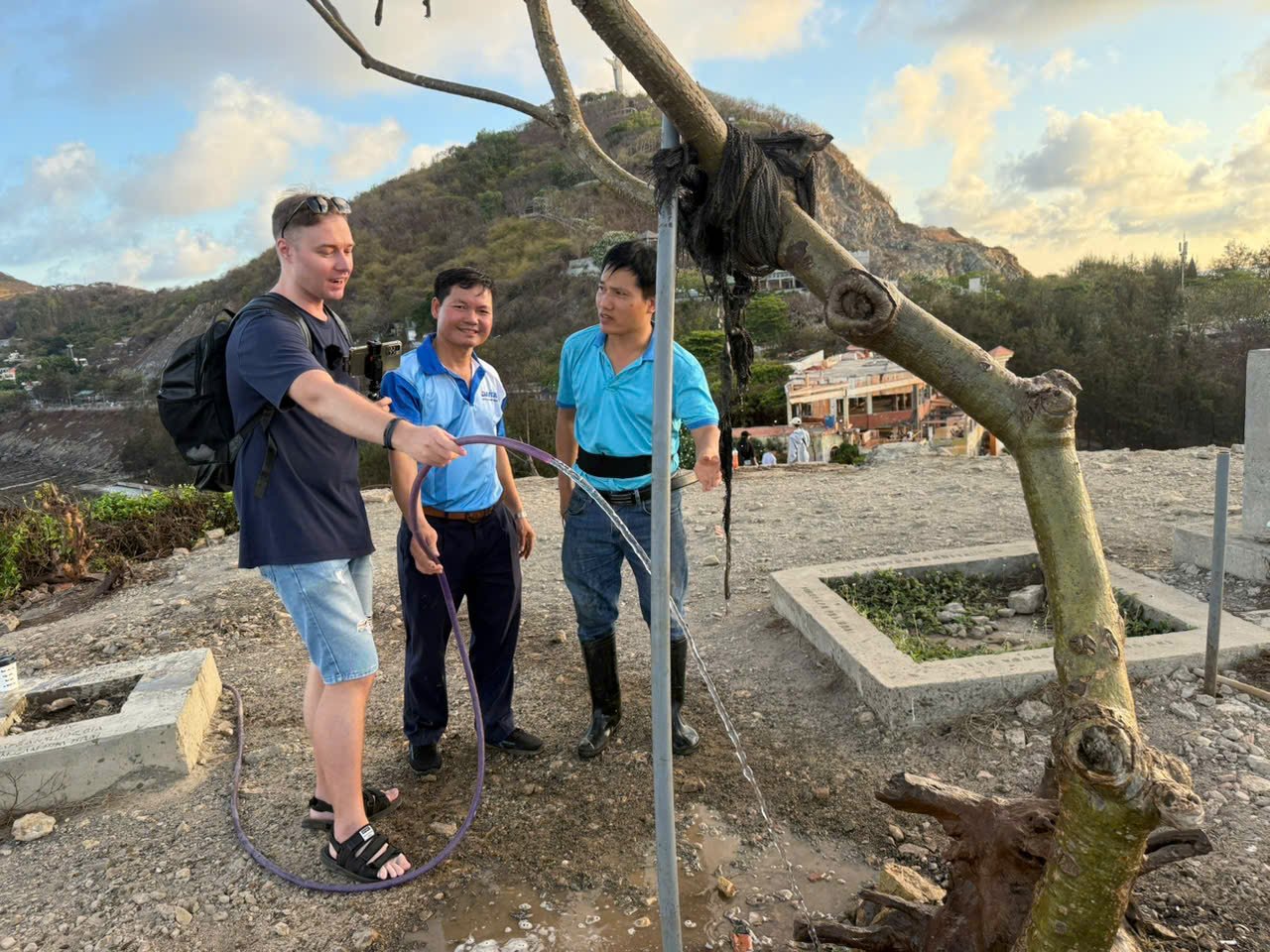
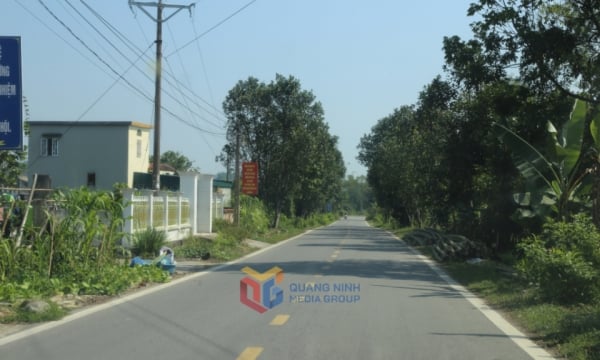

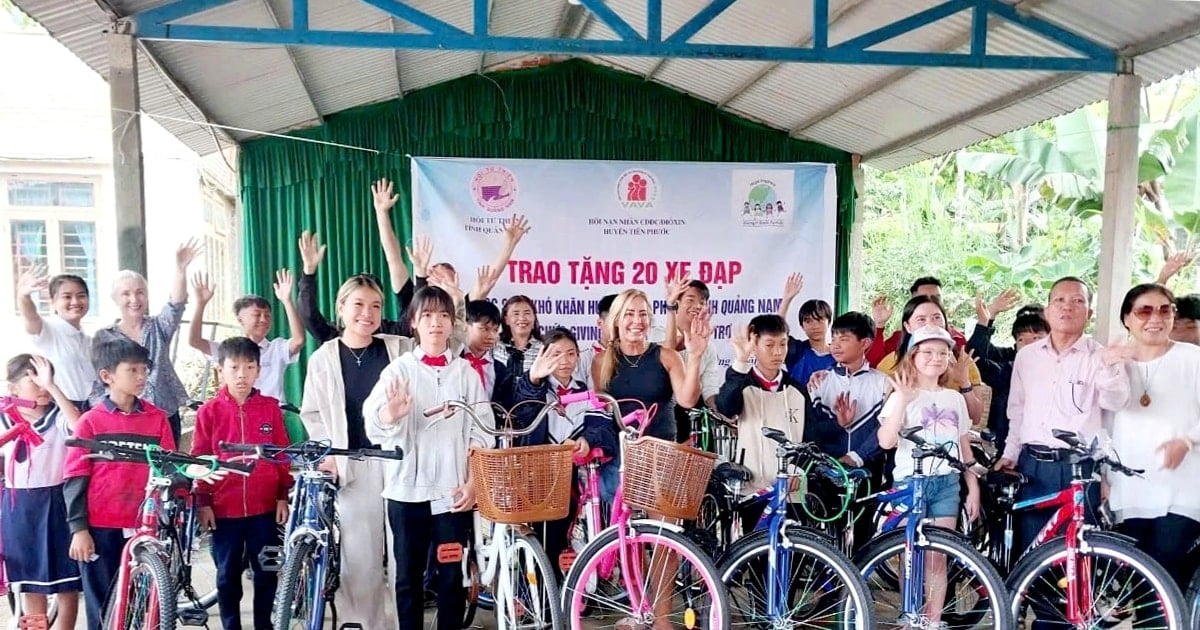











Comment (0)